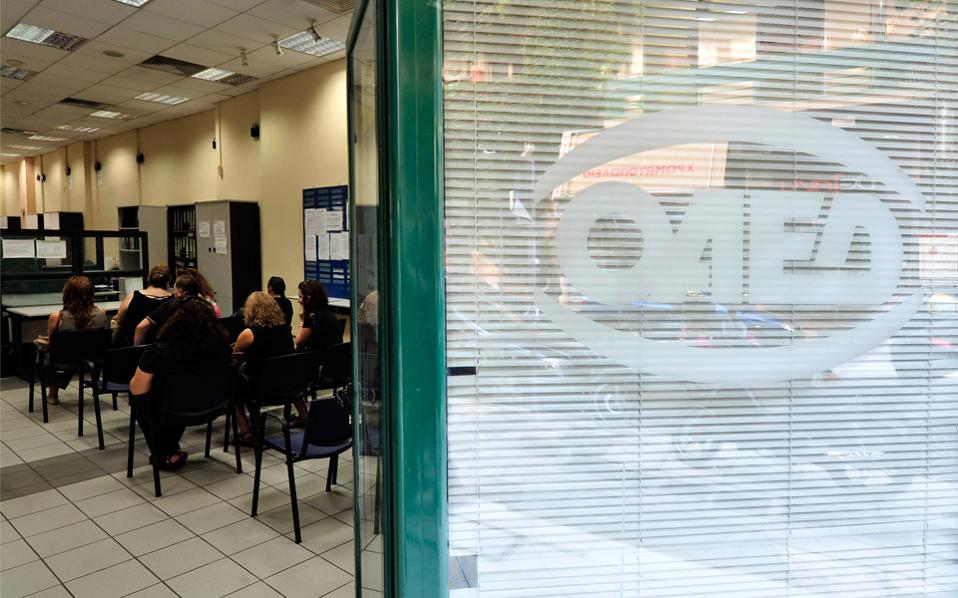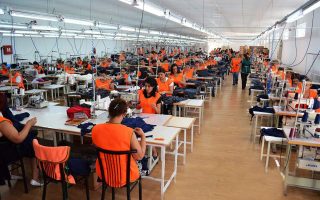Inadequate incentives

The Labor Ministry’s pilot program titled “Greece Again” and described at its launch as an “emblematic initiative” hopes to convince some 500 highly qualified Greek professionals aged 28-40 who are currently working abroad to come back home. How? By promising a minimum gross salary of 3,000 euros a month. The businesses that will be hiring them will receive a subsidy covering 70 percent of that base salary for one year on the condition that they promise to keep them on for an additional 12 months after that. Behind all the pomp, though, lurks a harsh reality.
Labor Minister Yiannis Vroutsis may say that Greece has emerged from the crisis and is now on course for an economic and social recovery, but the prevailing labor market conditions do not back his claims. There are, for example, many people with master’s degrees and PhDs who chose to stay in Greece rather than seek opportunities abroad during the crisis who are still struggling with unemployment today. There are also professionals who worked hard throughout those difficult years and were unable to put any money aside as their parents had done before them.
The erosion of incomes by high taxes is not the only problem. The economic crisis appears to have also curbed competitiveness. Speaking to people who work at companies that no longer have any important rivals and are therefore leaders in their respective fields, you get a clear sense that they are working on autopilot, without any sense of vision.
Even if the promise of a minimum salary of 3,000 euros a month does manage to attract a few hundred of the thousands of educated Greeks who are currently working abroad, it is not a measure that will contribute to improving the labor market here. What will happen to these people after the two-year period envisaged by the program ends? What assurances will these people be given that they have a future here? Will the businesses be able to keep them on the payroll?
Anyone who has studied, lived and worked abroad almost certainly has a lot of valuable experience and qualifications, but this does not necessarily make them any better than someone who stayed in Greece or came back lured by incentives. So how are these two categories expected to coexist in the same companies, earning extremely different salaries?





